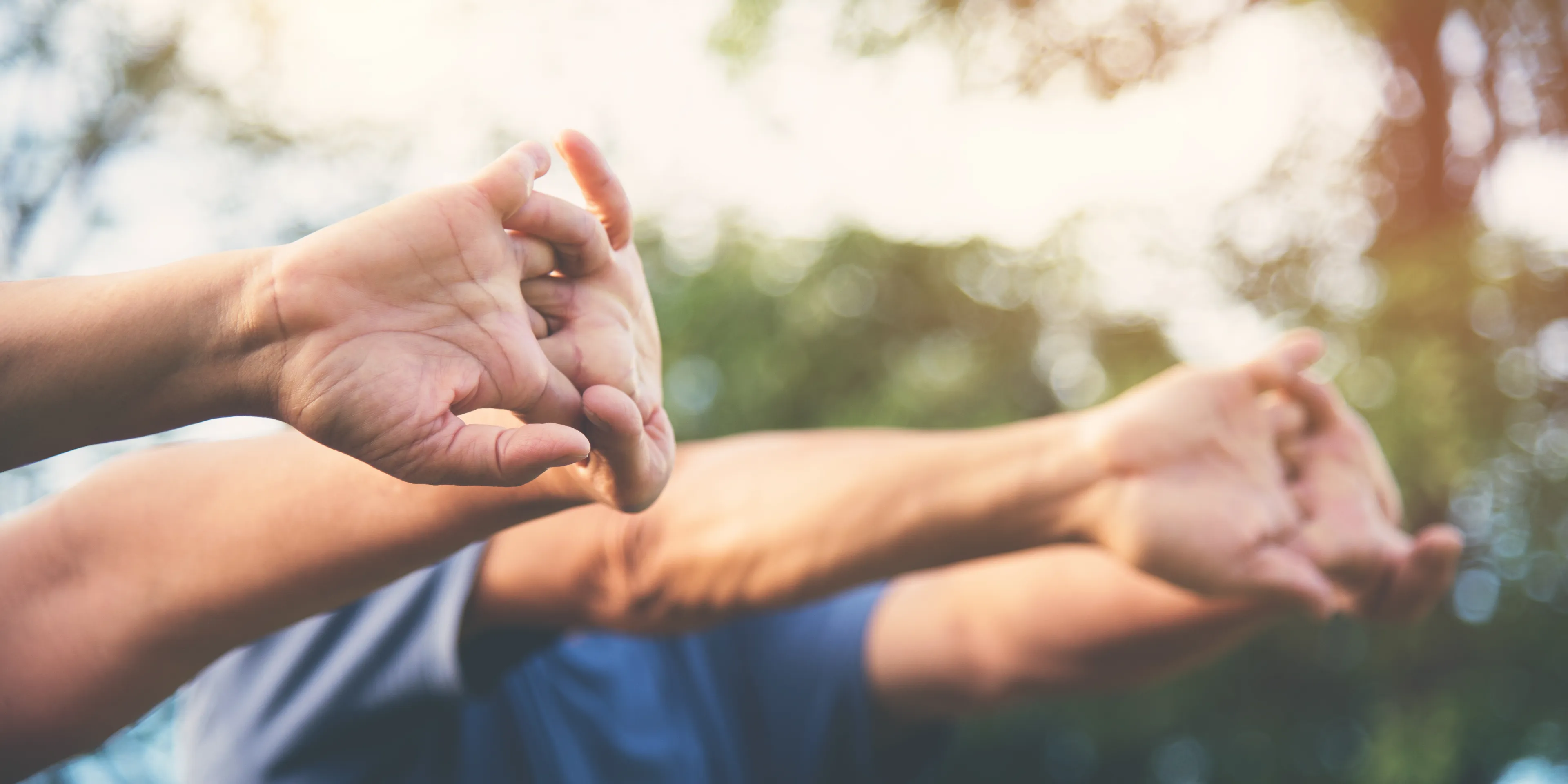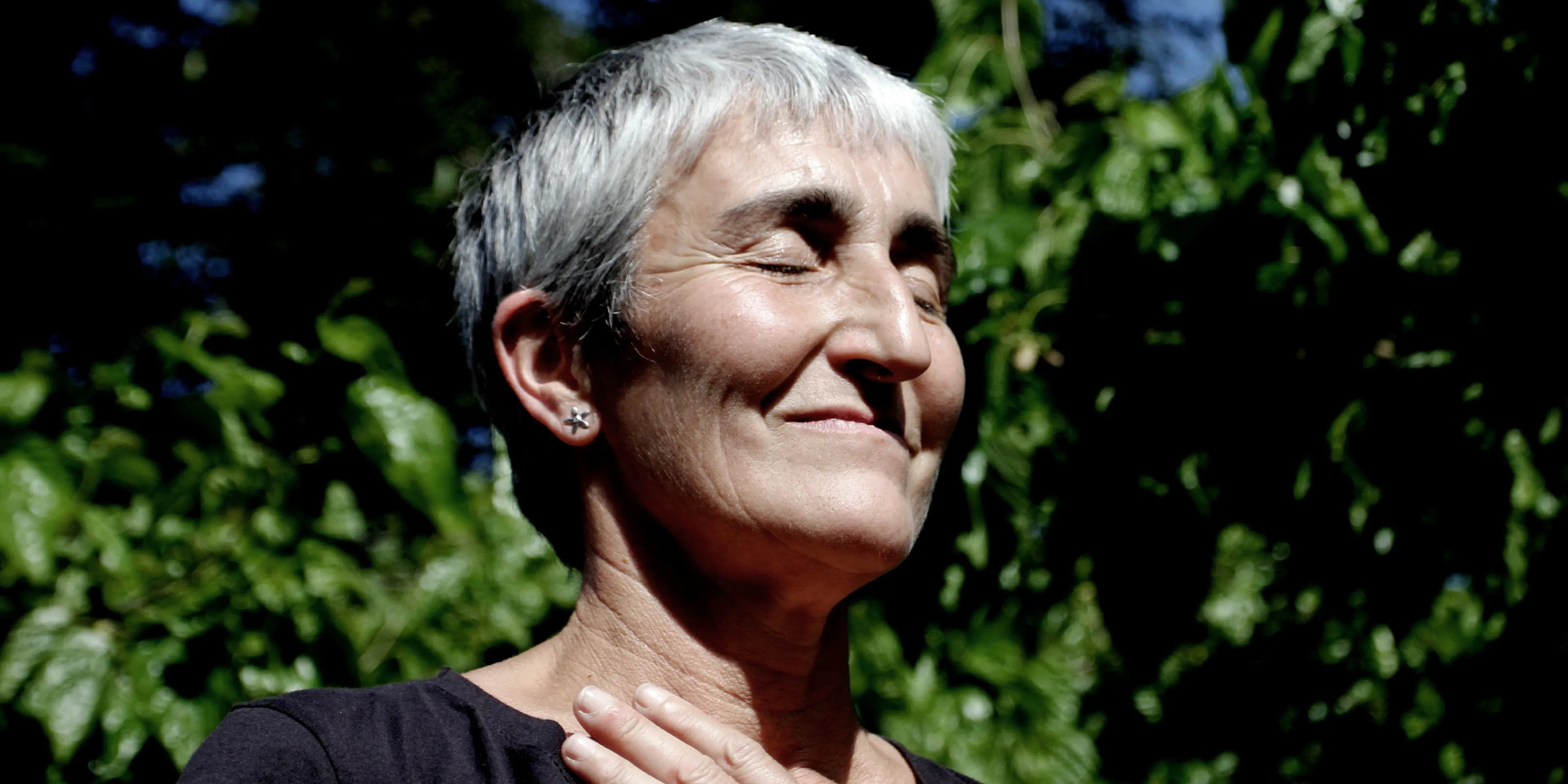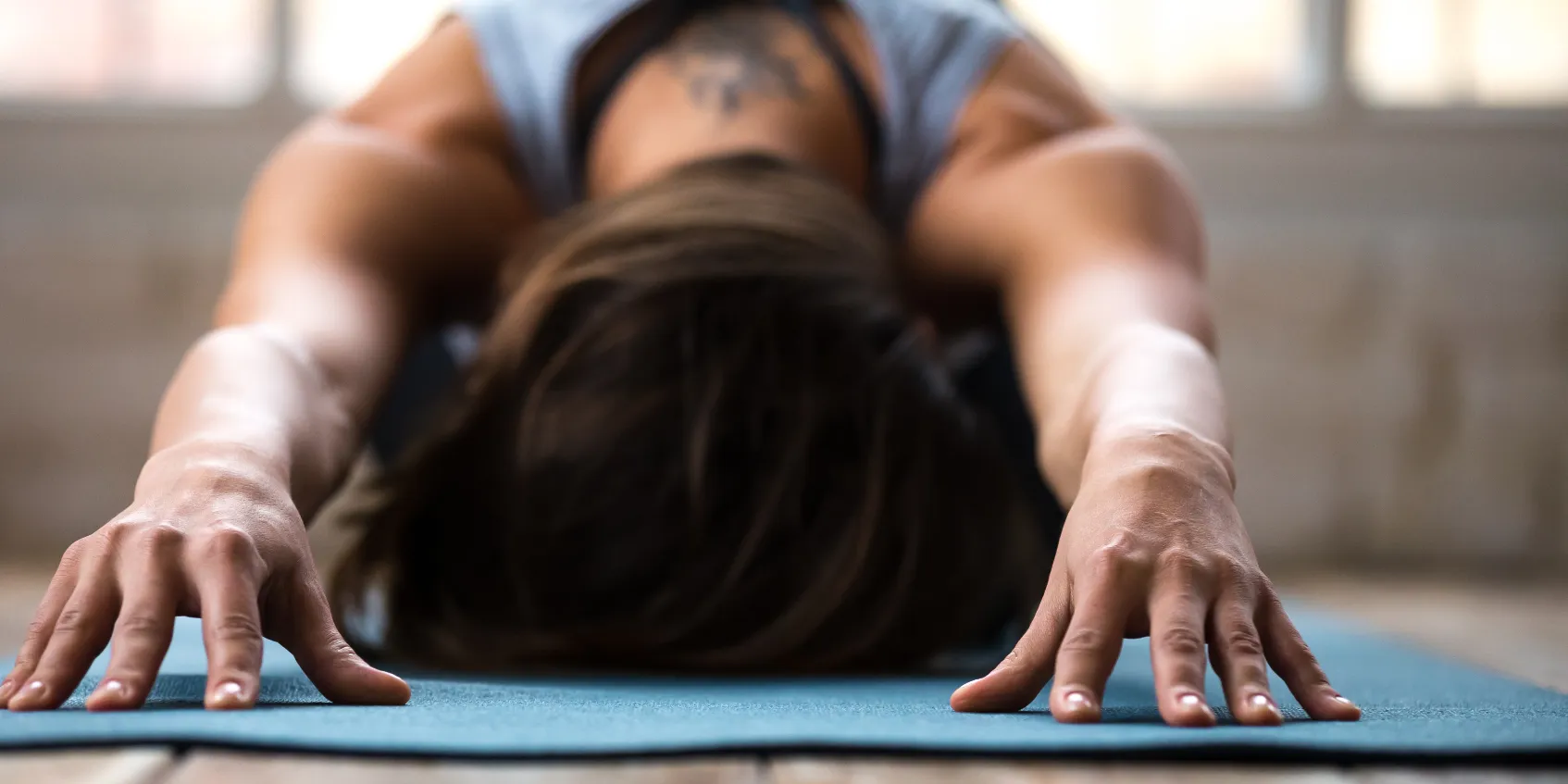
Introduktion till Prison Yoga Project
Prison Yogawith
Josefin berättar om mer om Prison Yoga Project, om programmen och hur yoga kan fungera som metod i anstaltsmiljö.
Exclusively for Yogobe users

Introduktion till Prison Yoga Project
Prison Yogawith
Josefin berättar om mer om Prison Yoga Project, om programmen och hur yoga kan fungera som metod i anstaltsmiljö.


Why yoga in prisons?
An interview regarding the benefits of a yoga practice in a correctional setting with James Fox, founder of Prison Yoga.



Tagga ned – 3-veckorsprogram
Ett 3-veckors program för att stilla inre oro och rastlöshet, öka stabiliteten i kropp & sinne, och öka motståndskraft mot stress.

Höj din energi – 3-veckorsprogram
Bygg upp en större energi i kropp och sinne samt öka din motståndskraft mot stress i detta 3-veckorsprogram där du får praktisera olika typer av yogaklasser, andnings- och avslappningsövningar.

Inre & yttre balans – 8-veckorsprogram
Skapa balans i kroppen och sinnet samt öka din motståndskraft mot stress i detta 8-veckorsprogram.